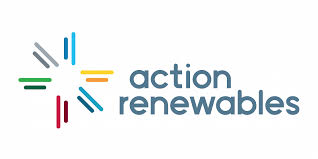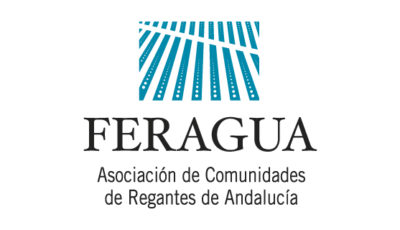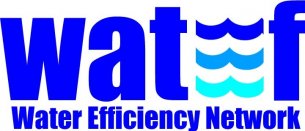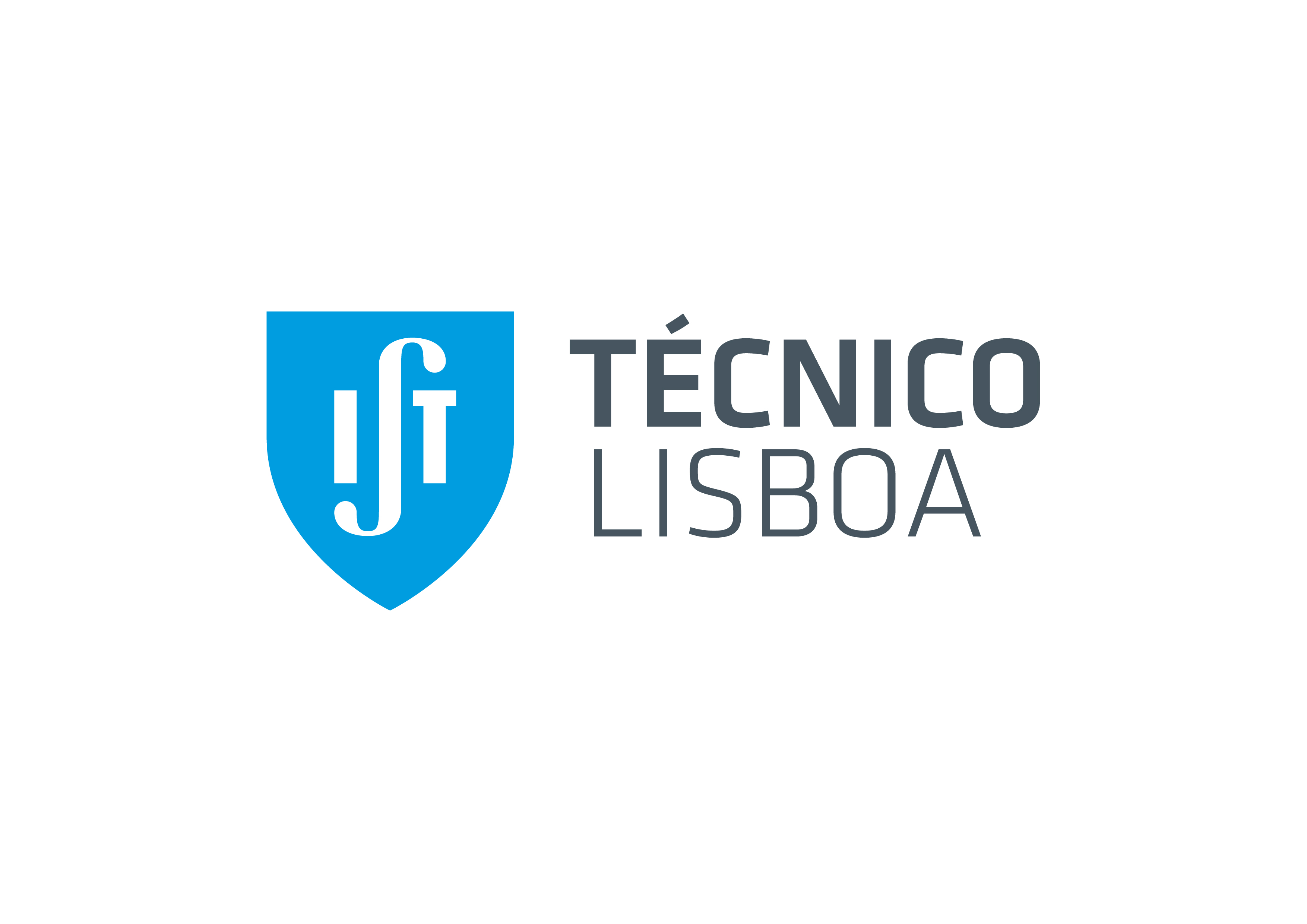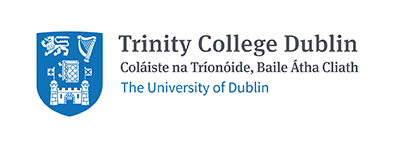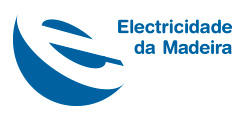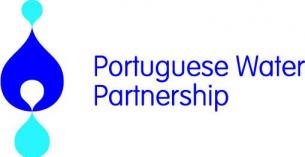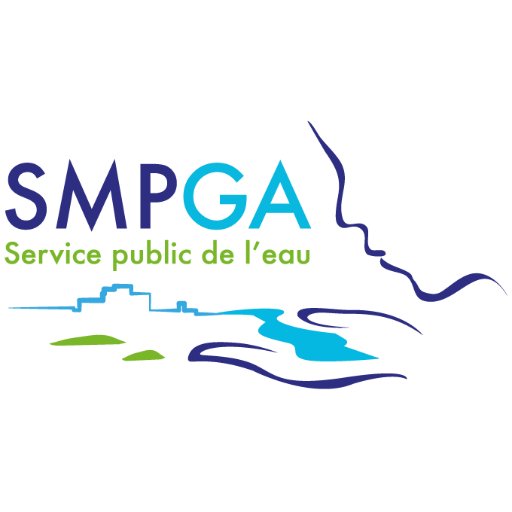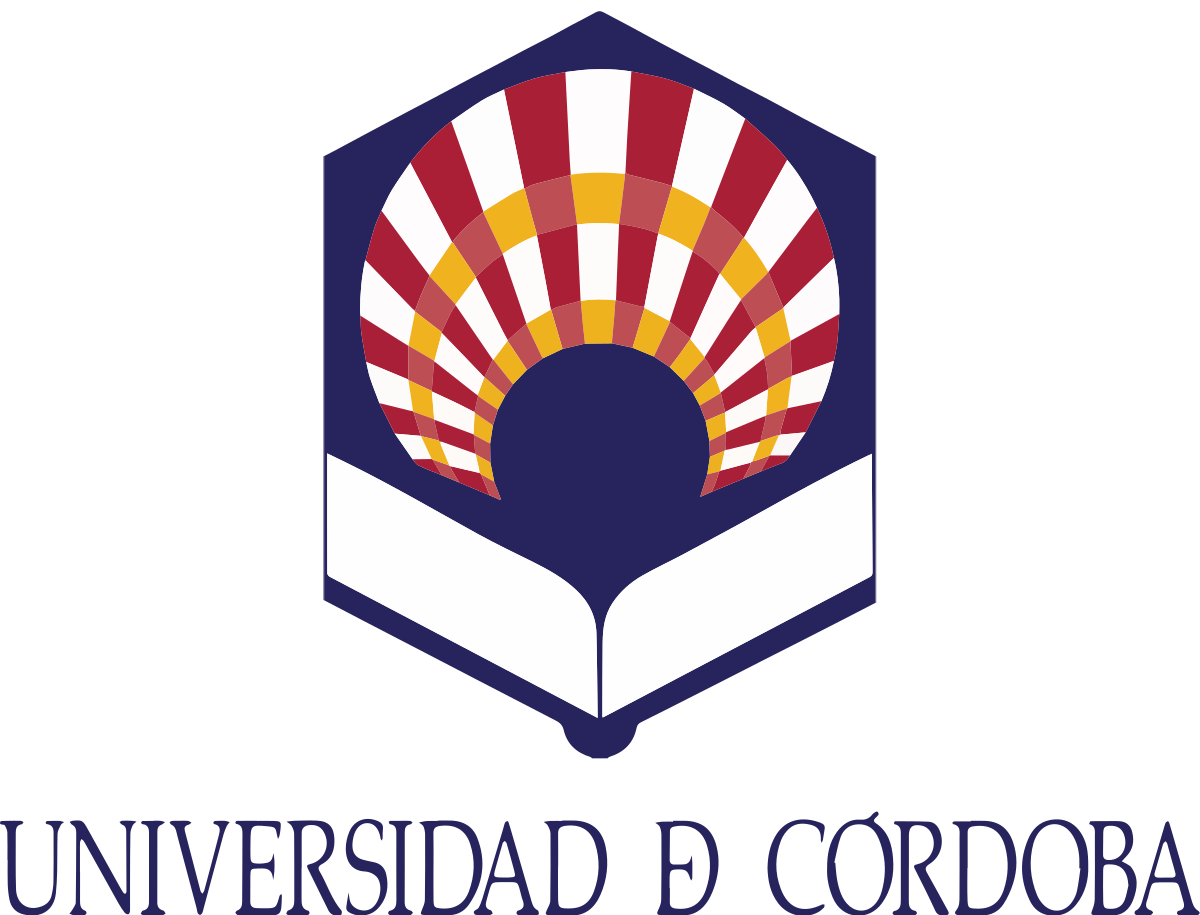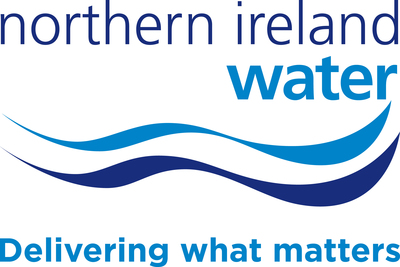Reducing Energy Dependency in Atlantic area Water Networks (REDAWN)
This project aims to improve the energy efficiency of water networks through the installation of innovative micro-hydropower technology.
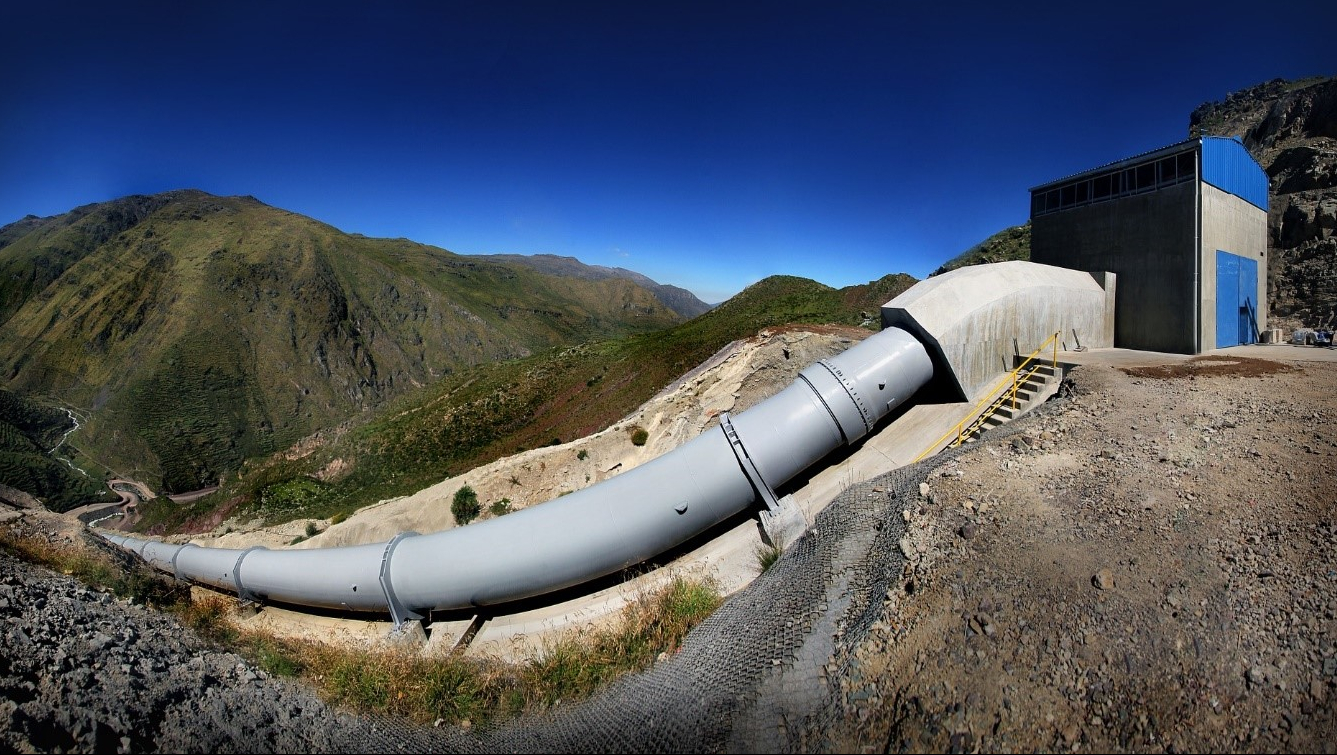
REDAWN aims to improve the energy efficiency of water networks through the installation of innovative micro-hydropower technology. This technology will recover wasted energy in existing pipe networks across irrigation, public water supply, process industry, and wastewater network settings. The REDAWN project brings together 15 partners from five countries around the Atlantic coast working towards greater efficiency in water networks.
Project outline
The water industry is the fourth most energy intensive sector in the AA, responsible for significant contributions to climate change, and reductions in the competitiveness of the region due to the associated costs. REDAWN aims to improve the energy efficiency of water networks in the region through the installation of innovative micro-hydropower (MHP) technology. This technology will recover wasted energy in existing pipe networks across irrigation, water supply, process industry, and wastewater networks.
Science
At present significant potential exists to save energy, costs and environmental impacts in AA water networks, but technological, institutional and social barriers prevent the exploitation of this resource. REDAWN will develop technology and policy, and raise awareness to overcome these barriers, improving the energy efficiency of water suppliers and users in the region.
REDAWN will develop low-cost turbine technology specifically for application in water networks. Traditional turbines are designed for much larger settings and cannot be miniaturised to the required scale in an economically viable fashion. We will also be the first project to explore the potential of all forms of water network for hydropower energy recovery. Previous projects have examined the potential of drinking water networks (15% of water use) but not irrigation, water-intensive industry, or waste/storm water. The project will demonstrate the quantity of energy saving possible in the AA in sectors such as brewing, mining, paper production, dairies and agriculture.
Impact
Overall, the impact of REDAWN will be to enable a reduction in the energy consumption of water distribution systems resulting in reduced energy costs for water utilities, for large industrial users, and agricultural producers. This can be achieved through microgeneration of hydroelectricity in water networks. Secondly this reduction in the cost of water distribution for water utilities will result in a reduction in the cost of water for end-users i.e. households, SMEs, etc.
The societal impact of REDAWN will include: - a reduction in the contribution of the water sector to climate change - improved competitiveness of SMEs and industry through reduced water related operating costs - improved environment for food production through cheaper and less energy intensive irrigation capabilities - and the social impact of the reduction in cost of water supply to the socially disadvantaged.
The above impacts will translate into contributions to the programmes output and result indicators. REDAWN will produce new case studies and scale pilots of energy recovery potential in water networks in the region, along with a number of corresponding technical and scientific publications. We will produce policy and strategy instruments to foster greater resource efficiency in the sector. The project message and its results will be widely disseminated in the region. Additional hydropower production capacity in water networks in Ireland, France, Spain, Portugal and the UK will be identified by the project.
This project is led by Action Renewables. Contact: Terry Waugh

